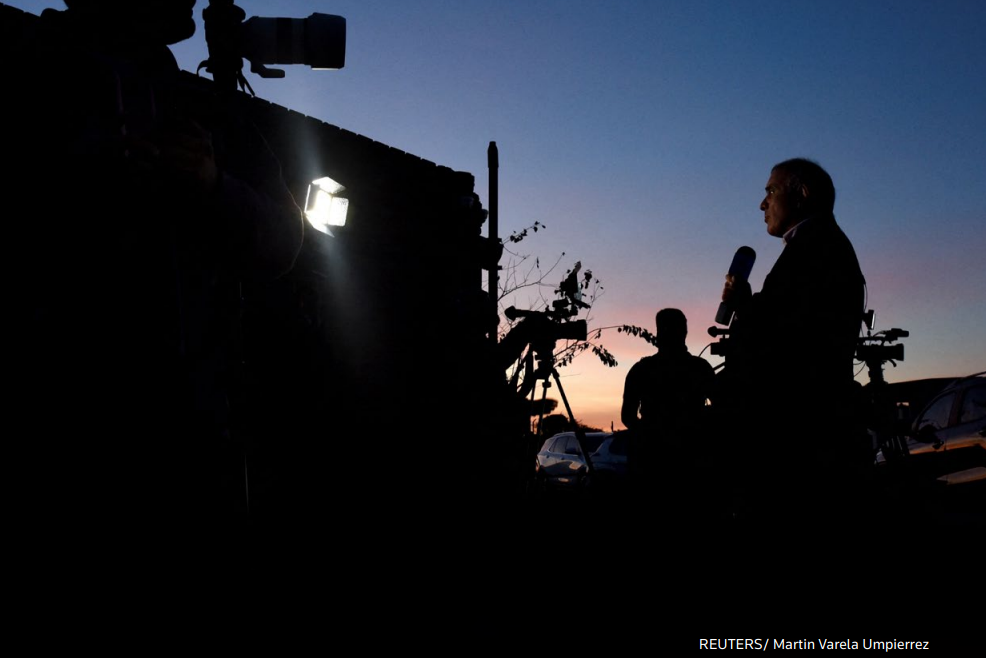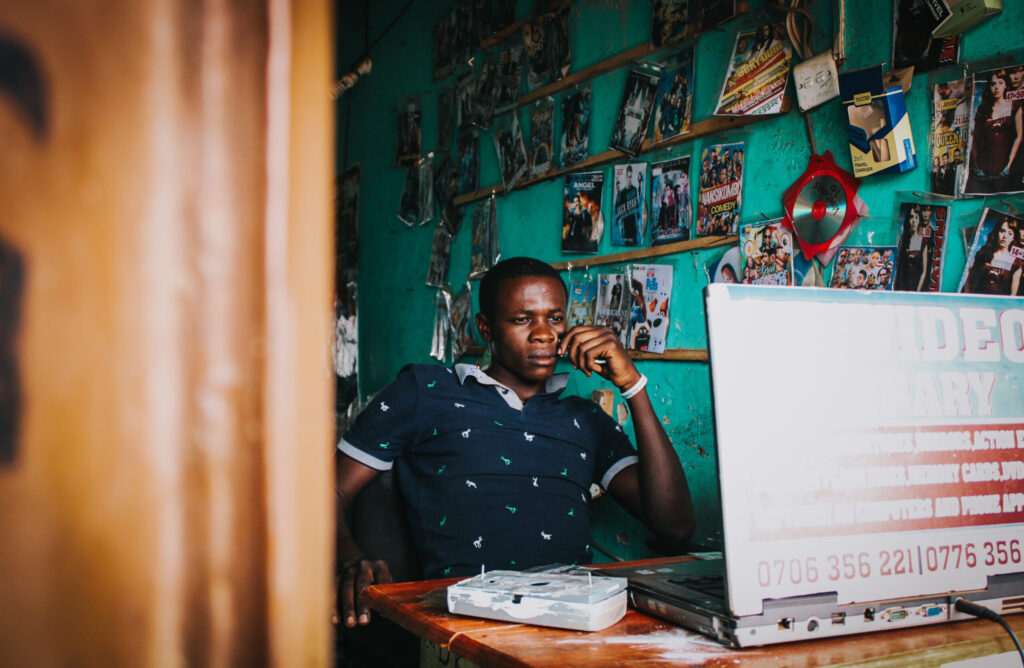The Defence Handbook for Journalists and Bloggers was produced at the request of Reporters Without Borders through TrustLaw in partnership with Paul Hastings LLP. The Handbook is for the thousands of journalists, lawyers and NGOs around the world who seek guidance on the international legal framework that protects the rights to freedom of expression and freedom of information. It covers important questions faced by international and regional bodies and courts, such as the extent to which journalists can criticize public figures; the release of state secrets; and the legality of blasphemy laws.
Related resources
View all
Before you publish: A journalist’s guide to safer reporting
This guide provides journalists with a…
Read More
LGBTQIA+ Community Legal Guidebook in the Philippines
This Guidebook is designed to be a practical tool,…
Read More
Pro Bono Advocacy Toolkit
Download our ready-made presentation deck for your business meetings, showcasing the key decisions your…
Read More
Kit de Herramientas Pro Bono
Nuestra presentación lista para usar en sus reuniones de negocios muestra las decisiones clave que…
Read More
Employment rights guide for journalists in Moldova
Our comprehensive guide to employment rights for journalists…
Read More
AI Governance for Africa toolkit
This three-part toolkit aims to empower journalists and CSOs to inform public discourse and…
Read More
Three steps to an AI-ready newsroom: A practical guide
This practical starter guide is designed to help…
Read More
TrustLaw Index of Pro Bono 2024
The TrustLaw Index of Pro Bono identifies global trends in the pro bono marketplace, highlights…
Read More
Towards Algorithmic Transparency in the Public Sector in Latin America
This report assesses the…
Read More
Journalism in the AI Era: A TRF Insights survey
Our new report shines a spotlight on journalism in the AI era and…
Read More

